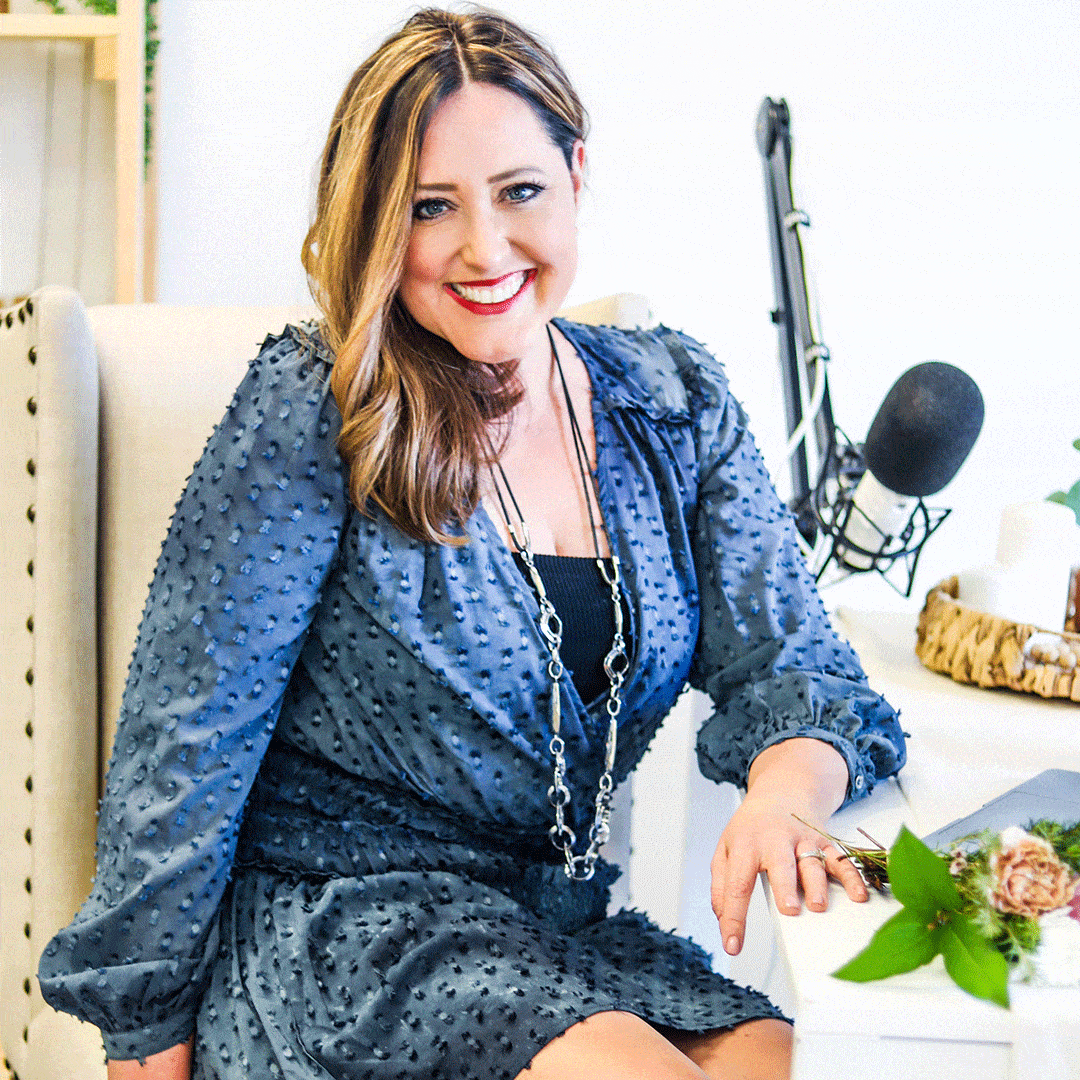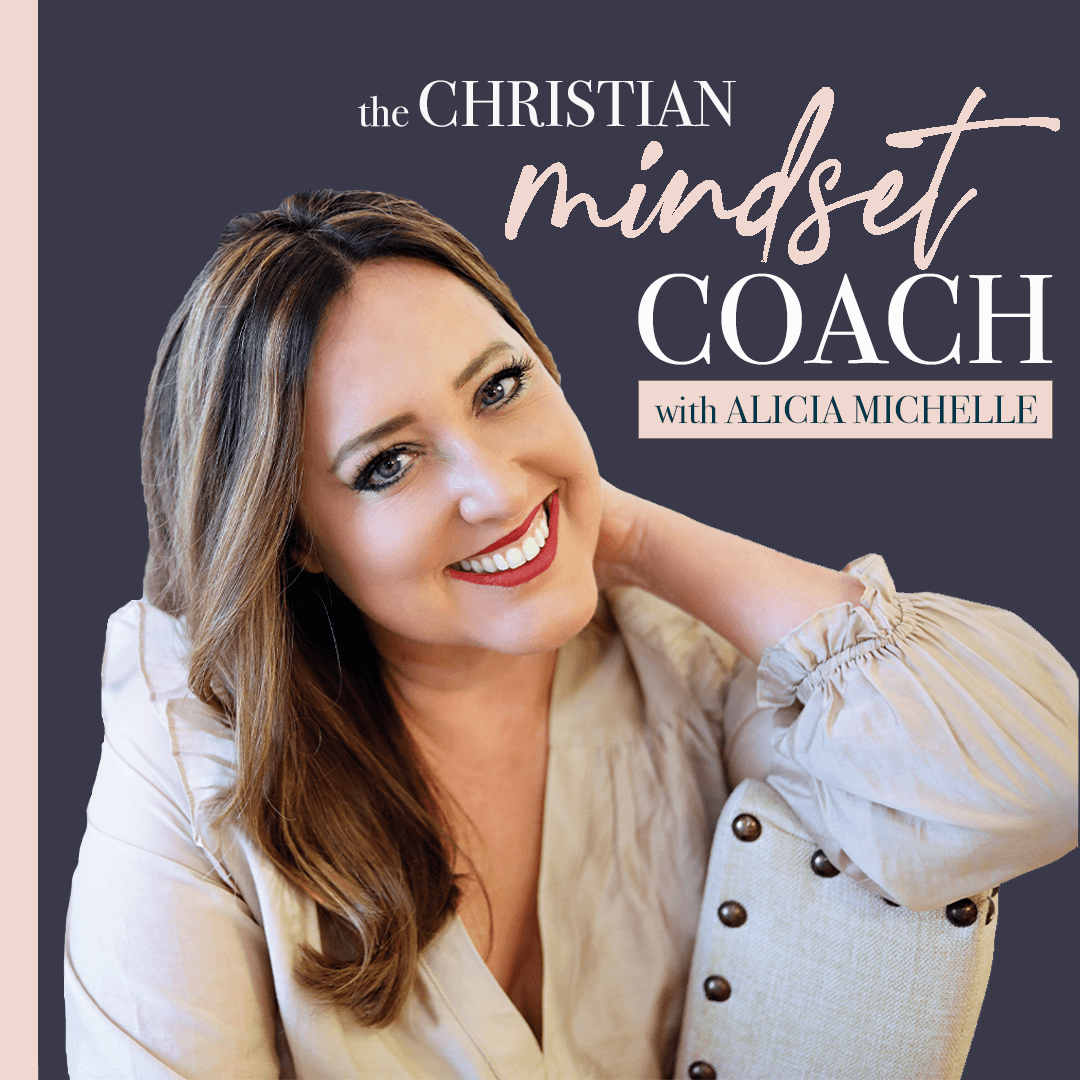LATEST FROM THE PODCAST

“I’m feeling good this evening and reflecting why: it was listening to your podcast earlier. It’s full of biblical truth and so empowering. Thank you, Alicia!"
–Linda R., podcast listener

*Awarded 'Best Lifestyle Podcast' by Spark Media*
Join NeuroCoach and Bible teacher Alicia Michelle each week for this award-winning podcast that equips Christian women with proven brain-based mindset strategies and biblical truth for healing from anxiety, overwhelm, people-pleasing for more peace and calm.
Listen and subscribe for life-changing wisdom from Alicia's work with hundreds of clients on practical ways to manage your emotions with God’s grace and truth in order to discover abundant living in Christ!
Scroll down to listen to an episode, or listen in your favorite podcast player like Apple Podcasts, Stitcher, Castbox or Spotify.
*Awarded 'Best Lifestyle Podcast' by Spark Media*
Join NeuroCoach and Bible teacher Alicia Michelle each week for this award-winning podcast that equips Christian women with proven brain-based mindset strategies and biblical truth for healing from anxiety, overwhelm, people-pleasing for more peace and calm.
Listen and subscribe for life-changing wisdom from Alicia's work with hundreds of clients on practical ways to manage your emotions with God’s grace and truth in order to discover abundant living in Christ!
Scroll down to listen to an episode, or listen on Apple Podcasts, Stitcher, Castbox or Spotify.

Sign up for the free training to be set free from "never enough" and enjoy the peace of Christ-centered confidence!
LATEST FROM THE PODCAST
LISTEN TO other podcast episodes by topic:


